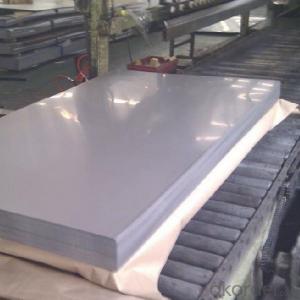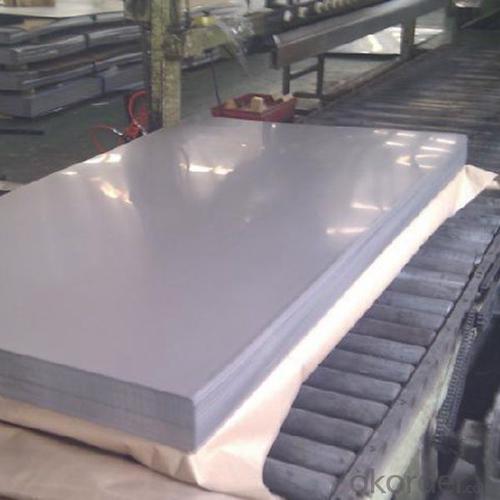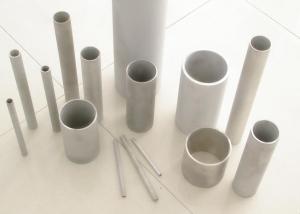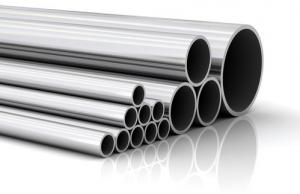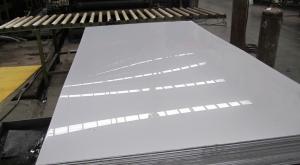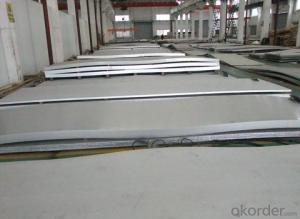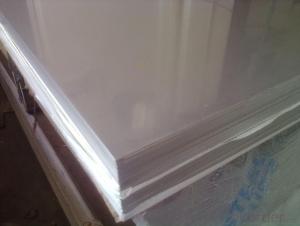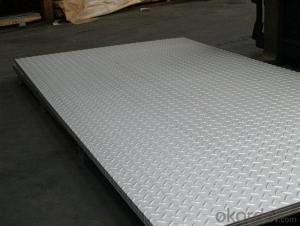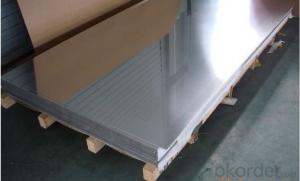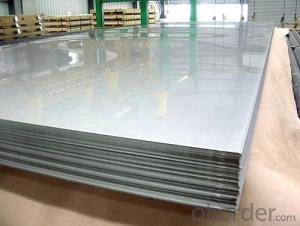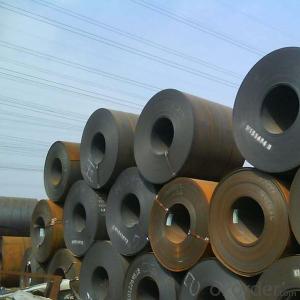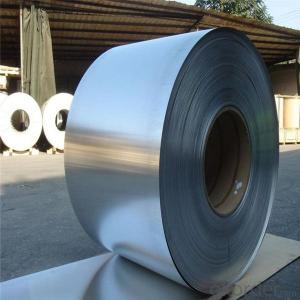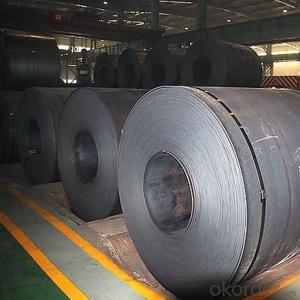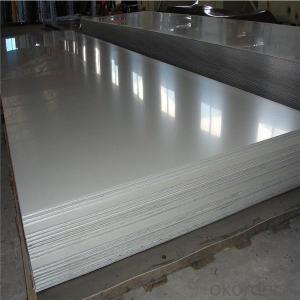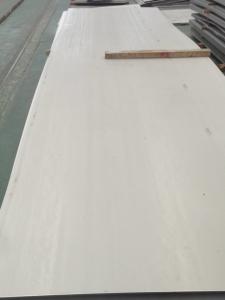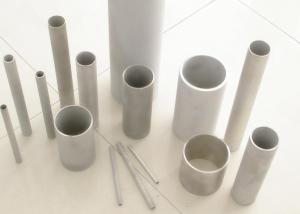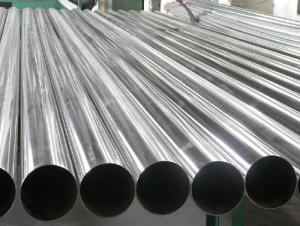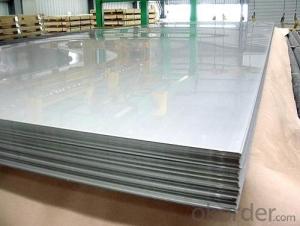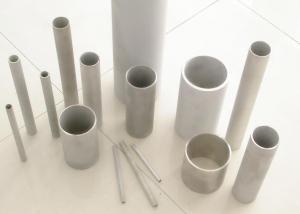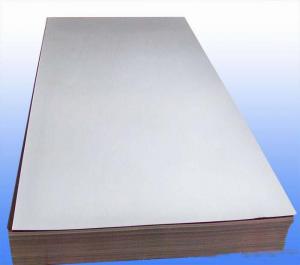Carbon Steel Plate Steel Sheets SS400 Steel Coils
- Loading Port:
- Tianjin
- Payment Terms:
- TT OR LC
- Min Order Qty:
- 100 m.t.
- Supply Capability:
- 20000 m.t./month
OKorder Service Pledge
OKorder Financial Service
You Might Also Like
Specification
DESCRIPTION FOR CARBON STEEL PLATE
Product | carbon steel plate price per ton |
Place of origin | Tianjin,China mainland |
MOQ | 25 tons |
Thickness | 1mm-200mm |
Width | 1000mm-3000mm |
Length | 1000mm-2000mm |
Application | widely |
Standard | AISI,ASTM,BS,DIN,JIS,GB,etc |
Grade | A572,A573,A633,A678,A709,A710,G3101,G3136,etc |
Tpye | Steel plate |
Surfacing | Coated |
Productive Technology | Hot Rolled & Cold Rolled |
Price | FOB USD 500-900 per ton |
Port | TIANJIN,SHANGHAI |
Payment Terms | L/C,T/T,Western Union,MoneyGram |
Product Ability | 1000 tons per month |
Delivery | 10 days after deposit or according to customers' quantity |
Packing | standard seaworthy export packing or as the request of customers |
PACKING:
1.Big thickness:by bulk vessel
2.Small thickness:packed by steel strips and shipped by container
3.According to the requirements of customers'
TRADE TERMS :FOB, CFR, CIF
DETAILED PICTURES FOR STEEL COILS
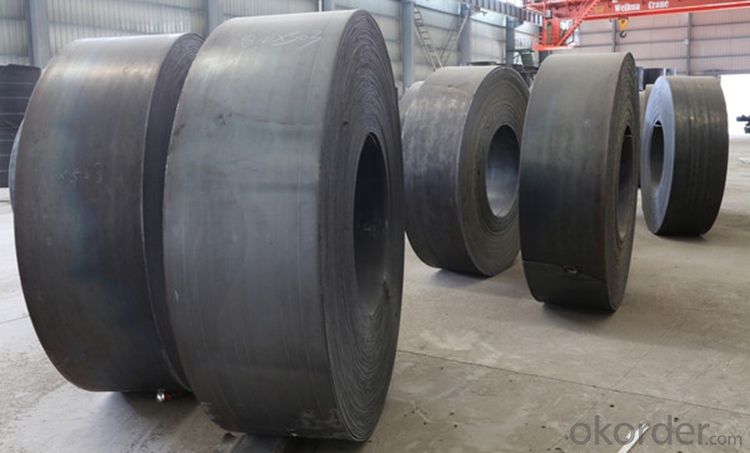
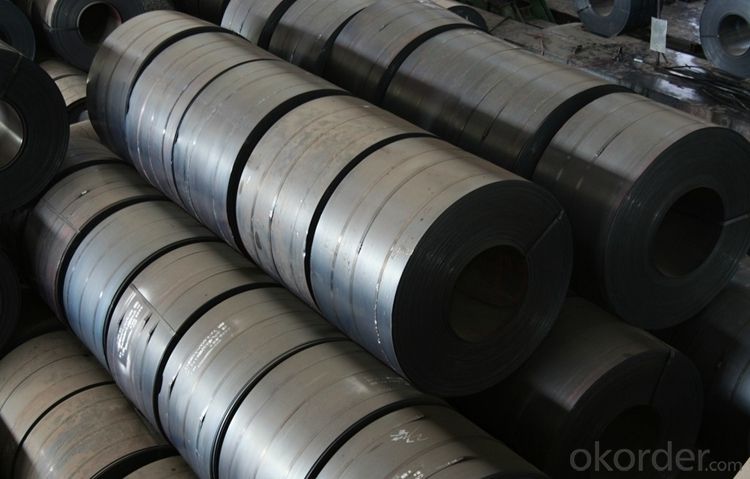
PACKAGING &DELIVERY FOR STEEL COILS/SHEETS
Packaging Detail Standard export packing or following customer's demand
Delivery Time: Within 30-40 days after deposit or according to the order quantity
OUR SERVICE
1.High quanlity and reasonable price.
2.Customized on-demand.
3.Reasonable shipping and fast delivery.
4.Free sample.
FAQ:
Q:You are Factory or Trading Company?
A:We are factory,our main products include Steel plate,Steel Bar,Steel coils.
Q:Do you have OEM service?
A: Yes.Variety of products size,quality and quantity can be customized according to your need.
Q:Could you support free sample?
A:Yes.We can supply FREE samples.But the delivery charges will be covered by our customers.
Q:How about the delivery time?
A:Within 15-30days after receiving the deposit or L/C at sight.
- Q: Are stainless steel sheets resistant to pitting?
- Stainless steel sheets are indeed resistant to pitting. Renowned for its exceptional corrosion resistance, stainless steel is capable of withstanding pitting corrosion. Pitting corrosion, a localized form of corrosion that results in the creation of small pits or holes on metal surfaces, is effectively deterred by stainless steel due to the presence of chromium. The chromium in stainless steel forms a passive oxide layer on the surface, thereby preventing the metal from experiencing further corrosion. This protective oxide layer serves as a barrier, safeguarding stainless steel against pitting. Moreover, the resistance to pitting can be further enhanced by the composition and specific grade of stainless steel, solidifying stainless steel sheets as a dependable choice for numerous applications where corrosion resistance is of utmost importance.
- Q: What is the hardness of stainless steel sheets?
- The hardness of stainless steel sheets can vary depending on the specific grade and treatment. However, stainless steel sheets typically have a hardness ranging from 70 to 90 Rockwell B.
- Q: How about stainless steel grades?
- According to the composition can be divided into Cr (400 Series), Cr Ni system (300 Series), Cr Mn Ni (200 Series) and the precipitation hardening systems (Series 600). 200 series - chromium nickel manganese austenitic stainless steel 300 series - chromium nickel austenitic stainless steel 301 - ductility, used for molding products. It can also be hardened rapidly by mechanical processing. Good weldability. The abrasion resistance and fatigue strength are better than 304 stainless steel. 302 - 304 with corrosion resistance, due to the relatively high carbon intensity. 303 - by adding a small amount of sulfur and phosphorus, it is easier to cut than 304.
- Q: Can stainless steel sheets be used for architectural railings?
- Yes, stainless steel sheets can be used for architectural railings. Stainless steel is a popular material choice for architectural railings due to its durability, corrosion resistance, and aesthetic appeal. Stainless steel sheets can be custom fabricated and shaped into various designs and sizes to meet the specific requirements of the architectural railing project. Additionally, stainless steel sheets can be finished in different ways, such as brushed, polished, or textured, to achieve the desired look and feel. Overall, stainless steel sheets are a versatile and reliable choice for architectural railings, providing both functionality and visual appeal.
- Q: Can stainless steel sheets be used for pharmaceutical equipment?
- Yes, stainless steel sheets can be used for pharmaceutical equipment. Stainless steel is a preferred material for pharmaceutical equipment due to its excellent corrosion resistance, durability, and ease of cleaning. It is non-reactive and does not release any harmful substances that could contaminate the pharmaceutical products or affect their quality. Stainless steel sheets can be fabricated into various shapes and sizes to meet the specific requirements of pharmaceutical equipment such as storage tanks, mixing vessels, sterilization equipment, and piping systems. Moreover, stainless steel's smooth surface prevents the accumulation of bacteria, making it a hygienic choice for pharmaceutical applications.
- Q: What are the different types of stainless steel sheet edges available?
- There are several different types of stainless steel sheet edges available, each offering its own unique advantages and characteristics. 1. Mill Edge: This is the standard edge finish produced during the manufacturing process. It has a straight, sharp edge with no additional treatment or finishing. Mill edge stainless steel sheets are commonly used in industrial applications where aesthetics are not a priority. 2. Slit Edge: Slit edge stainless steel sheets are created by cutting the sheet along its length, resulting in a slightly rounded edge. This type of edge is commonly used in applications where safety is a concern, as it reduces the risk of sharp edges causing injury. 3. Sheared Edge: Sheared edge stainless steel sheets are created by cutting the sheet along its width using shearing blades. This process produces a clean, straight edge without any additional finishing. Sheared edge sheets are often used in applications where precise dimensions are required. 4. Deburred Edge: Deburred edge stainless steel sheets have gone through a process to remove any sharp or rough edges, resulting in a smooth and safe edge finish. Deburring is often done using abrasive materials or specialized machinery. These sheets are commonly used in applications where safety and aesthetic appearance are both important. 5. Rolled Edge: Rolled edge stainless steel sheets have a curved or rounded edge, created by rolling the sheet during the manufacturing process. This edge type is commonly used in applications where a smoother, more finished appearance is desired. Rolled edge sheets are also easier to handle and less likely to cause injury during installation. Overall, the choice of stainless steel sheet edge depends on the specific requirements of the application, including safety concerns, aesthetic preferences, and dimensional accuracy.
- Q: How do you prevent scratches or dents on stainless steel sheets?
- There are several measures that can be taken to avoid scratches or dents on stainless steel sheets: 1. Exercise caution when handling: Take care not to drop or drag stainless steel sheets against rough surfaces. It is advisable to wear gloves or protective gear to minimize the risk of scratches caused by sharp objects or tools. 2. Opt for gentle cleaning materials: To prevent scratches when cleaning, use soft cloths or non-abrasive sponges. Avoid steel wool or harsh cleaning agents that can harm the surface. Also, make sure to wipe in the direction of the grain to preserve the stainless steel's appearance. 3. Apply protective films or sheets: Adding a protective film or sheet to the stainless steel surface can provide an extra layer of defense against scratches or dents. These films are typically adhesive and can be easily removed once the stainless steel sheets are installed. 4. Store correctly: Store stainless steel sheets in a clean and dry environment to prevent scratches or dents caused by contact with other objects. Avoid stacking sheets directly on top of each other without any protective barrier in between. 5. Invest in edge protectors: Stainless steel sheets are often susceptible to dents or scratches on their edges. Using edge protectors or corner guards can help prevent damage during handling, transportation, or storage. By adhering to these preventive measures, the likelihood of scratches or dents on stainless steel sheets can be significantly reduced. This will ensure their durability and preserve their flawless appearance.
- Q: Are stainless steel sheets suitable for pharmaceutical equipment?
- Indeed, stainless steel sheets prove to be appropriate for pharmaceutical equipment. The pharmaceutical industry extensively utilizes stainless steel owing to its exceptional resistance to corrosion, remarkable strength, and hygienic attributes. Its ease of cleaning and sterilization renders it perfect for applications that demand utmost cleanliness and product purity. Moreover, stainless steel displays resistance to chemicals and can endure extreme temperatures, thereby making it suitable for a multitude of pharmaceutical procedures. Furthermore, stainless steel sheets can be tailored in terms of thickness, size, and finish to fulfill precise equipment specifications. On the whole, stainless steel sheets deliver longevity, dependability, and the indispensable sanitary properties indispensable for pharmaceutical equipment.
- Q: What are the common manufacturing standards for stainless steel sheets?
- The quality and consistency of stainless steel sheets are ensured by several common manufacturing standards. One widely recognized standard is the ASTM International standard, formerly known as the American Society for Testing and Materials. Specifically, the ASTM A240 standard specifies the chemical composition, mechanical properties, and other relevant characteristics of stainless steel sheets. Another important standard is the EN standard, specifically EN 10088, which provides guidelines for stainless steel flat products, including sheets. This standard covers dimensions, tolerances, surface finishes, and more. Different countries also have their own national standards. For example, in Japan, stainless steel sheets are classified under specifications such as JIS G4304 and JIS G4305, which are part of the Japanese Industrial Standards (JIS). These standards define the chemical composition, mechanical properties, and surface finishes of stainless steel sheets. In the United States, the American Iron and Steel Institute (AISI) sets standards for stainless steel sheets. The AISI 300 and 400 series are commonly used in manufacturing, and their properties are defined by the AISI. Manufacturers and suppliers must adhere to these standards to ensure that stainless steel sheets meet quality requirements and can be reliably used in various applications. These standards help maintain consistency, compatibility, and traceability in the production and use of stainless steel sheets across industries.
- Q: Are stainless steel sheets good for high-temperature applications?
- Yes, stainless steel sheets are excellent for high-temperature applications due to their unique properties such as high heat resistance, corrosion resistance, and the ability to maintain their strength and integrity even at elevated temperatures.
Send your message to us
Carbon Steel Plate Steel Sheets SS400 Steel Coils
- Loading Port:
- Tianjin
- Payment Terms:
- TT OR LC
- Min Order Qty:
- 100 m.t.
- Supply Capability:
- 20000 m.t./month
OKorder Service Pledge
OKorder Financial Service
Similar products
Hot products
Hot Searches
Related keywords
